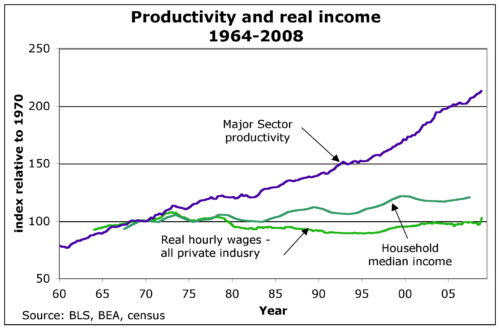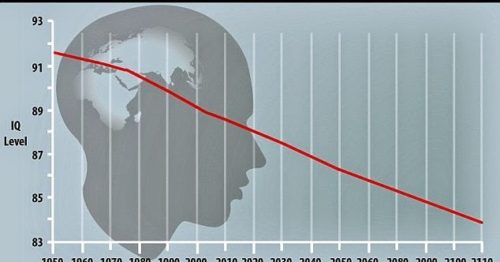
New Zealand is torn by inter-generational tension right now. The young have no hope of finding houses they can afford and the old simply blame them for being too lazy to work hard enough to afford one. However, the numbers show that workers today get a much worse deal than they did 30 years ago. This article looks at what the average wage in New Zealand would be if it had kept pace with the price of houses since the late 1980s.
This graph from the Trading Economics website tracks the increase in the New Zealand Average Hourly Wage over the past 30 years. We can see that the average hourly wage in New Zealand, as of the beginning of 2018, is $31.03. The Reserve Bank of New Zealand website contains many interesting statistics and graphs, many of which can be downloaded from this link. This article will combine both sources.
In March of 2001, the House Price Index (from the RBNZ link above) stood at 700.2. At this time, the average hourly wage was $17.70. So if a person wished to purchase a $300,000 house, suitable for a growing family, they would have to have capital equal to 16,949 hours of work at the average wage.
According to this article by Human Resources Director, Kiwis work an average of 1,762 hours a year (this figure was for 2014, but for cultural reasons this figure does not change much over time). This means that, in March of 2001, buying a house suitable for raising a family in required capital equal to 9.62 years of full-time work at the average wage.
How does that compare to today?
After seventeen years of red-hot growth, the House Price Index now stands at 2480.8. This represents an increase of 254% over those seventeen years, and it means that a $300,000 house in March 2001 now costs $1,062,000 (all growth factors assumed equal). As mentioned above, the average hourly wage in New Zealand has increased from $17.70 in that time to $31.03, which represents an increase of 75%.
In other words, in January of 2018, buying a $1,062,000 house, suitable for raising a family in, requires capital equal to 34,224 hours of working at the average hourly wage. This is equivalent to 19.42 years of work at the average hourly wage.
We can see, then, that when measured in terms of a person’s ability to purchase a house suitable for raising a family in, the average New Zealander is less than half as wealthy as they were only 17 years ago. To have the same house buying power that it had in 2001, an average wage in New Zealand would now have to be $62.65 per hour.
People working in 1989 – when the majority of Baby Boomers would have been in the workforce – had it even better still. In December of 1989 the House Price Index stood at 453.5; the average hourly wage stood at $13.07 in the first quarter of that year.
So our standard family home that cost $300,000 in 2001 cost a mere 64.8% of that price in 1989, whereas the average wage in 1989 was 73.8% of what it was in 2001. Put another way, the average house suitable for raising a family in cost $194,400 in 1989, which represented capital equal to 14,873 hours of labour at the average wage. This was equivalent to a mere 8.44 years of saved labour.
The average house price has gone up 447% over the past 30 years in New Zealand; the average hourly wage has gone up 137% in that time. So to have the same house-buying power as the average New Zealand worker in 1989, a Kiwi in 2018 would have to get paid $71.50 an hour. This would allow them to buy a decent house after saving around 14,000 hours of the average wage, which is the standard of living that the average worker had in 1989.
In summary, the average New Zealand worker has lost almost 60% of the house-buying power of their wage over the past 30 years.
Buying a decent house in 2018 costs savings equal to 19.42 years of work at the average wage; 30 years ago buying an equivalent quality of housing cost savings equal to 8.44 years of work. So if a Kiwi left home at age 18 in 1970 and saved half of their income on the average wage they could own a house by age 35; a Kiwi who left home at age 18 in the year 2000 and saved half of their income on the average wage can’t expect to own one before they turn 57.
Despite tiny relative savings on consumer electronics, it’s obvious that the standard of living for young people is much lower nowadays than it was 30 years ago. The fact that wages haven’t come close to keeping up with housing costs is the main culprit.
*
Dan McGlashan is the man with his finger on the statistical pulse of New Zealand. His magnum opus, Understanding New Zealand, is the complete demographic analysis of the Kiwi people. Available on TradeMe for $35.60.



